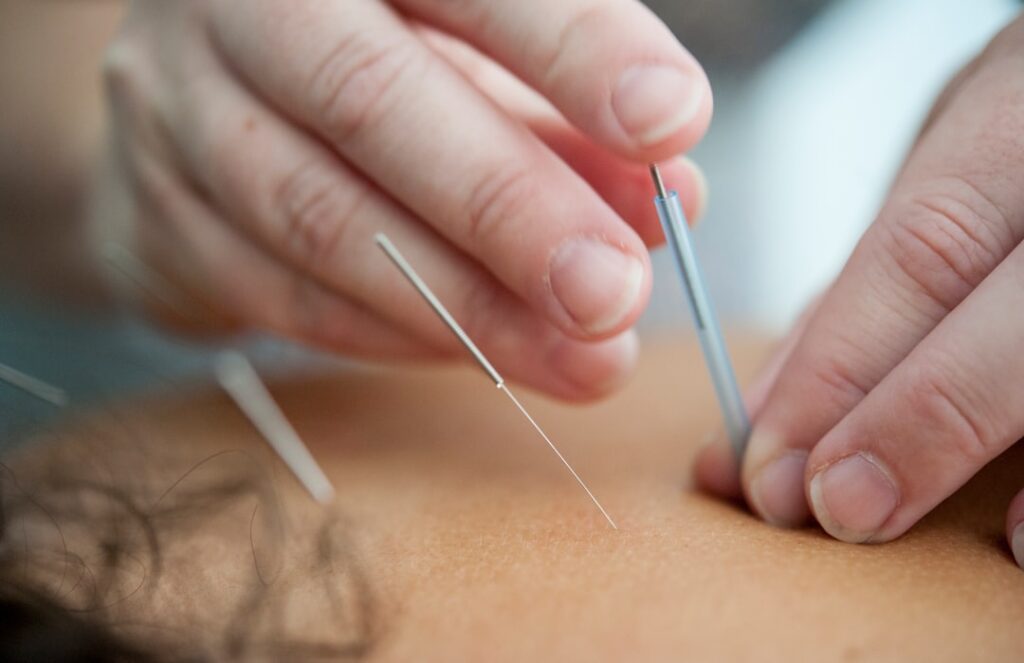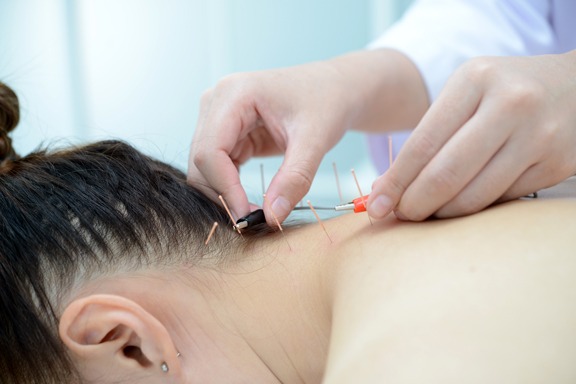Easing the Burn: Acupuncture for GERD Relief
Gastroesophageal reflux disease (GERD) Treatment
 Gastroesophageal reflux disease (GERD) is a chronic digestive disorder characterized by the reflux of stomach acid into the esophagus, leading to symptoms such as heartburn, regurgitation, and discomfort. While conventional treatments such as medications and lifestyle modifications are commonly used to manage GERD, acupuncture has emerged as a promising alternative therapy for providing relief from symptoms and promoting digestive wellness. In this article, we delve into the role of acupuncture in addressing GERD, its potential benefits, and considerations for individuals seeking natural relief from this common digestive condition.
Gastroesophageal reflux disease (GERD) is a chronic digestive disorder characterized by the reflux of stomach acid into the esophagus, leading to symptoms such as heartburn, regurgitation, and discomfort. While conventional treatments such as medications and lifestyle modifications are commonly used to manage GERD, acupuncture has emerged as a promising alternative therapy for providing relief from symptoms and promoting digestive wellness. In this article, we delve into the role of acupuncture in addressing GERD, its potential benefits, and considerations for individuals seeking natural relief from this common digestive condition.
Understanding GERD and its Impact
GERD occurs when the lower esophageal sphincter (LES), a muscular ring that acts as a valve between the esophagus and stomach, fails to close properly, allowing stomach acid to flow back into the esophagus. This reflux of acid can irritate the lining of the esophagus and lead to a range of symptoms, including:
- Heartburn: A burning sensation in the chest or throat, often after meals or when lying down.
- Regurgitation: The sensation of acid backing up into the throat or mouth.
- Dysphagia: Difficulty swallowing or a sensation of food sticking in the throat.
- Chest pain: Discomfort or pressure in the chest that can mimic heart-related issues.
- Chronic cough: A persistent cough, often worse at night, due to irritation of the airways by acid reflux.
GERD can have a significant impact on quality of life, causing discomfort, disruption to sleep, and interference with daily activities. Long-term complications of untreated GERD may include esophageal damage, inflammation, ulcers, and an increased risk of esophageal cancer.
How Acupuncture Addresses GERD
Acupuncture, a key component of Traditional Chinese Medicine (TCM), involves the insertion of thin needles into specific points on the body to stimulate energy flow and promote healing. From a TCM perspective, GERD is often attributed to imbalances in the body’s energy, or qi, and disruptions in the flow of qi along meridians or energy channels.
Acupuncture for GERD focuses on restoring balance to the digestive system and addressing underlying imbalances that contribute to symptoms. By targeting specific acupuncture points related to digestion, relaxation, and symptom relief, practitioners aim to:
- Regulate Gastric Acid Production: Acupuncture may help regulate the secretion of gastric acid in the stomach, reducing excessive acidity and alleviating symptoms of heartburn and reflux.
- Strengthen Lower Esophageal Sphincter (LES) Function: Certain acupuncture points are believed to strengthen the LES, improving its tone and function to prevent the reflux of stomach acid into the esophagus.
- Relieve Esophageal Irritation: Acupuncture can help reduce inflammation and irritation in the esophagus, promoting healing and alleviating discomfort associated with GERD symptoms.
- Promote Relaxation and Stress Reduction: Stress and tension can exacerbate GERD symptoms. Acupuncture promotes relaxation, reduces stress hormones, and improves overall emotional well-being, which can help mitigate symptoms and support digestive health.
Research on Acupuncture for GERD Relief
While more research is needed to fully understand the mechanisms of acupuncture for GERD, several studies have suggested promising results:
- Symptom Improvement: A study published in the journal Acupuncture in Medicine found that acupuncture was effective in reducing the frequency and severity of GERD symptoms, including heartburn and regurgitation, compared to sham acupuncture or no treatment.
- Medication Reduction: Research published in the Journal of Traditional Chinese Medicine reported that acupuncture combined with Chinese herbal medicine was effective in reducing the need for proton pump inhibitors (PPIs), a common class of medications used to treat GERD, in patients with refractory GERD symptoms.
- Quality of Life: Acupuncture has been shown to improve overall quality of life and reduce the impact of GERD symptoms on daily activities, sleep quality, and emotional well-being, according to a study published in the journal BMC Complementary and Alternative Medicine.
Considerations and Additional Strategies
While acupuncture can be a valuable treatment for GERD relief, it is essential to approach it as part of a comprehensive care plan that may include dietary modifications, lifestyle changes, and other supportive therapies. Here are some additional considerations:
- Consultation with a Qualified Practitioner: Seek guidance from a qualified acupuncturist who specializes in treating digestive disorders and GERD. They can assess your individual needs and develop a personalized treatment plan tailored to your condition and preferences.
- Integration with Conventional Care: Acupuncture can complement conventional treatments for GERD, such as proton pump inhibitors (PPIs), antacids, dietary changes, and lifestyle modifications. Integrating multiple approaches can enhance overall effectiveness and symptom relief.
- Frequency and Duration of Treatment: The frequency and duration of acupuncture treatments may vary depending on the severity and underlying cause of GERD. Discuss your treatment plan with your acupuncturist to determine the optimal schedule for your needs.
- Dietary and Lifestyle Modifications: In addition to acupuncture, consider making dietary and lifestyle changes to support digestive health and reduce GERD symptoms. Avoid trigger foods and beverages, eat smaller meals, avoid lying down after eating, and maintain a healthy weight to minimize reflux symptoms.
Acupuncture offers a safe, effective, and natural approach to managing GERD symptoms and promoting digestive wellness. By targeting specific acupuncture points related to digestion, relaxation, and symptom relief, acupuncture can provide relief from heartburn, regurgitation, and other discomforts associated with GERD. If you’re experiencing GERD symptoms, consider consulting with a qualified acupuncturist to explore how acupuncture can support your journey to greater comfort, wellness, and digestive health.
Contact Urban Acupuncture Center in Columbus, OH For More Information
For more information about how acupuncture, massage therapy and other alternative healing treatments can help you, please contact the Urban Acupuncture Center Board Certified Licensed Acupuncturist’s team at Indianola Ave, Columbus, Ohio (Clintonville) (614) 725-2488 or click here. Taking new patients in and around greater Columbus, Ohio.

 Electroacupuncture, a contemporary adaptation of traditional acupuncture, has gained increasing attention and popularity in recent years for its effectiveness in treating a wide range of health conditions. Combining the principles of traditional acupuncture with modern technology, electroacupuncture offers a unique approach to stimulating the body’s natural healing mechanisms. In this article, we delve into the intricacies of electroacupuncture, exploring its procedure, benefits, and potential applications in healthcare.
Electroacupuncture, a contemporary adaptation of traditional acupuncture, has gained increasing attention and popularity in recent years for its effectiveness in treating a wide range of health conditions. Combining the principles of traditional acupuncture with modern technology, electroacupuncture offers a unique approach to stimulating the body’s natural healing mechanisms. In this article, we delve into the intricacies of electroacupuncture, exploring its procedure, benefits, and potential applications in healthcare.